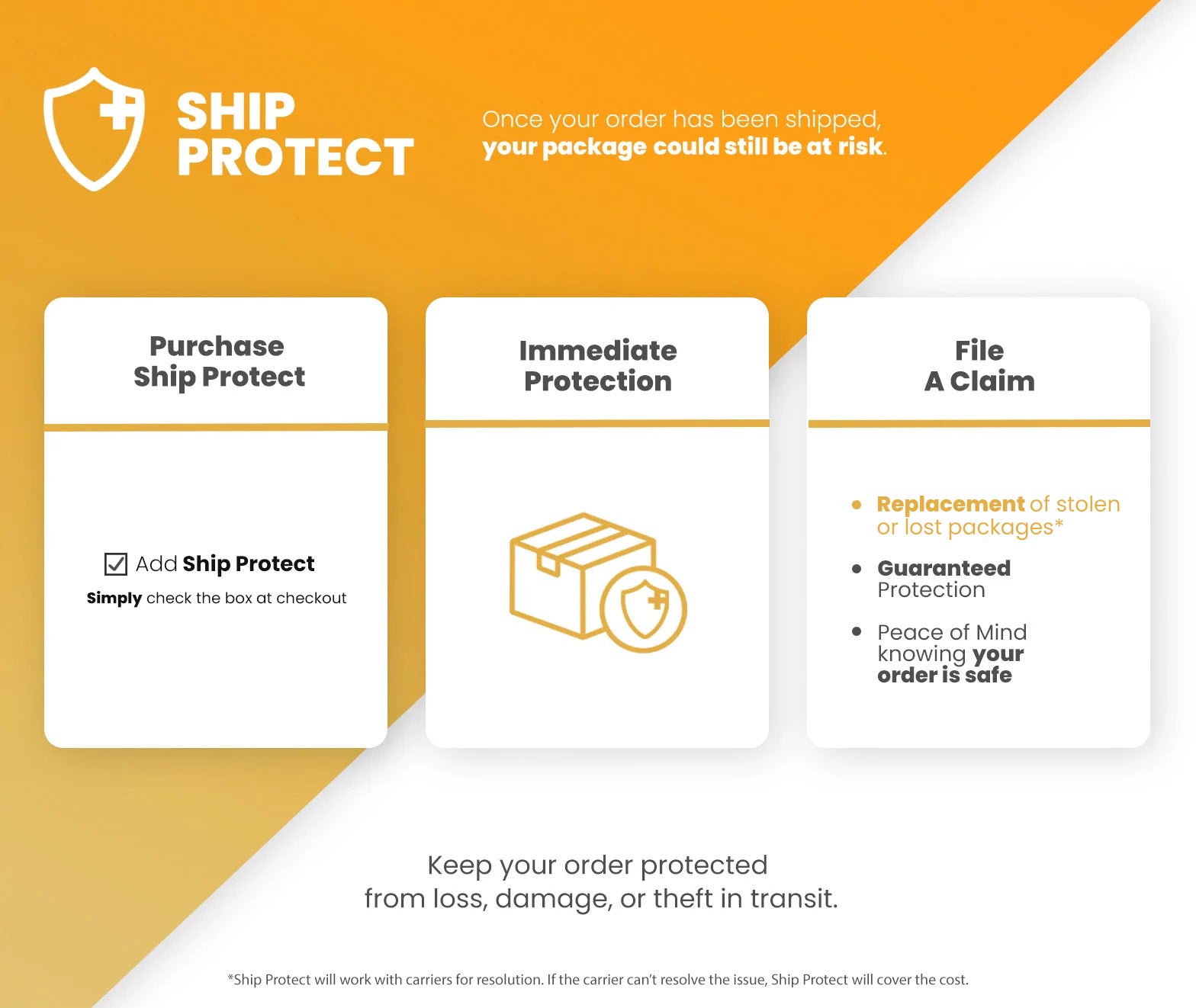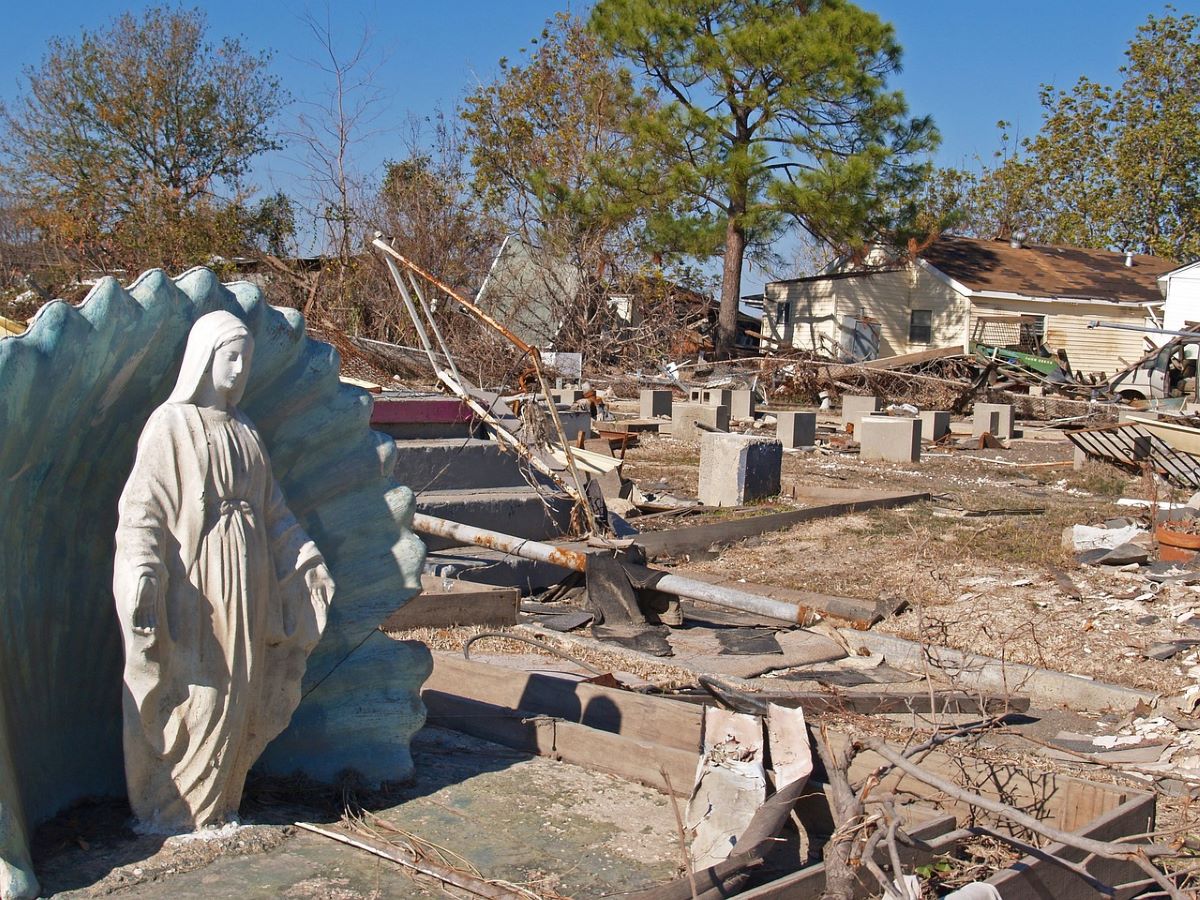Emergency Preparedness 101
Few people think that bad things will happen to them. However, it's always a possibility you need to be aware of and prepared for. Being prepared for an unexpected emergency is crucial to ensure you and your loved ones stay safe.
Supplies for Emergency Preparedness
Even if you're a pro at wilderness survival, surviving at home is different. This is especially true if the emergency requires you to stay indoors. In these situations, it's best to be as prepared as humanly possible beforehand.
Survival Necessities
The things you need to survive boil down to a few basic things: food, water, and shelter. The things beyond that will simply make survival easier.
- Water - 1 gallon per person per day for three days
- Food - 3 day supply of nonperishable foods (such as canned and dried items)
- Manual can opener
- Flashlight
- Extra batteries
- Hand crank or battery-powered radio
- Multi-tool
- Blankets and/or sleeping bags
- Extra clothes
- Emergency whistle
- Paper map of the area
- Matches or lighter
- Duct tape (never underestimate the power of duct tape)
- Candles
- Prescription medications
- Water purification tablets
Hygiene Requirements
Just because the world is burning down doesn't mean the germs are taking a break. Keeping up good hygiene throughout an emergency will help keep you healthy and reduce the spread of bacteria. We've already survived one epidemic; let's not accidentally start another!
- Toilet paper
- Garbage bags
- Toothpaste and toothbrushes
- Bar of soap or at least hand sanitizer
- Wipes (great for cleaning both the area and yourself if water is limited)
Family Essentials
If you've got kids or pets, you'll need to add a couple of extra things to your emergency survival kit. Remember, some of these might not apply to you, so only take note of what you yourself will need.
- Pet food
- Baby food
- Diapers, wipes, etc
- Games and toys to help distract the kids
- Feminine hygiene products
First Aid Gear

You never know if Emergency Services will be able to reach you or not when things go down, so make sure you're outfitted to take care of yourself and your family as much as possible. With the right tools and treatment, you can keep a grievously injured person alive for hours until help arrives.
- Tourniquet
- QuikClot
- Chest seals
- Emergency Pressure Bandage
- Triangular bandage
- Trauma shears
- Splint
- Ibuprofen
- Bandages
- Space blanket
- Instant cold pack
- Elastic bandage
- Gloves
- Burn gel
- Gauze
- Antiseptic wipes
- Triple antibiotic ointment
- Liquid skin
A 72-Hour Kit
With a pre-packed, fully stocked 72-hour kit on hand, you won't have to scramble at the last minute when everything starts to go wrong. Assemble one today with the above supplies so you'll always be ready for a disaster to strike!
Other Ways to Prepare
You need more than just gear to be prepared, so don't be caught slacking.
Make a Plan for Different Situations
What will you do in case of a fire? What about a flood or tornado? Figure out what actions you'll take in each scenario and ensure your family is familiar with the plan. Any emergency can be scary, but everyone will be a lot more calm if they know what to do when one arises.
Consider Extra Requirements
If you have small children, elderly family members, or someone with special needs, make sure your emergency plan and supplies take their needs into account.
Know the Evacuation Routes
Be familiar with evacuation routes in your area, especially if you live in an area prone to natural disasters like hurricanes, floods, or wildfires. Additionally, you should plan multiple routes in case one is inaccessible for whatever reason.
Set Designated Meeting Points
One of the scariest things is being separated from your loved ones with no way to contact them in the middle of a disaster. Hopefully this doesn't happen, but just in case, set up at least one meeting point and ensure everyone knows where it is.

Review and Update Regularly
Once a year, you should review and update your emergency plan and supplies. Things change, so your plans need to change too. While you're reviewing your supplies, make sure everything is up to date and in working condition.
Secure Your Home
If you're in an area that has frequent tornadoes, earthquakes, or hurricanes (or heaven forbid all three), make your home safer by securing heavy furniture, fastening shelves to walls, and retrofitting buildings to withstand natural disasters.
Learn Basic First Aid
You've already got a fully stocked first aid kit, but it's kind of useless if you don't know how to use any of the supplies inside it. In an emergency, this knowledge can be invaluable. You can easily enroll in online and in-person training courses to learn these critical skills, so there's no reason not to!
Build an Emergency Kit
If you ignored the first section on supplies (which would be mighty foolish in my not-so-humble opinion), go back to it now. An emergency/72-hour kit is a critical tool to have at your disposal. Don't ignore it now and regret it later.
What to Do During an Emergency
While your specific actions will depend on what situation you're in, there are some simple basics you should keep in mind.
Stay Informed
Stay informed about potential hazards and emergencies in your area. Sign up for local emergency alerts and notifications, and have access to a battery-powered or hand-crank radio for receiving updates during power outages.
Keep Calm
During emergencies, it's important to stay calm. Follow the guidance of local authorities and avoid spreading rumors or misinformation. Keeping calm will also help you make smarter decisions, which is critical if the situation is serious.
Practice Good Hygiene
Maintain good hygiene practices, especially during emergencies, to prevent the spread of illness. This includes proper handwashing, sanitation, and generally keeping your area as clean as the circumstances allow for.
Both expected and unforeseen emergencies can be scary, but you will be incredibly glad you took the time to prepare your home and family if one does strike. Remember that preparedness is an ongoing effort. Taking proactive steps to prepare for emergencies can significantly improve your ability to respond effectively and protect yourself and your loved ones.








Hi Allison. Your article is very informative and well written with a great layout. Well done! I plan to share this article with my boys who are studying for their Boy Scout Merit Badge: Emergency Preparedness.
———
My Medic replied:
Hey Amanda, thank you for the compliment, and best of luck to your boys!